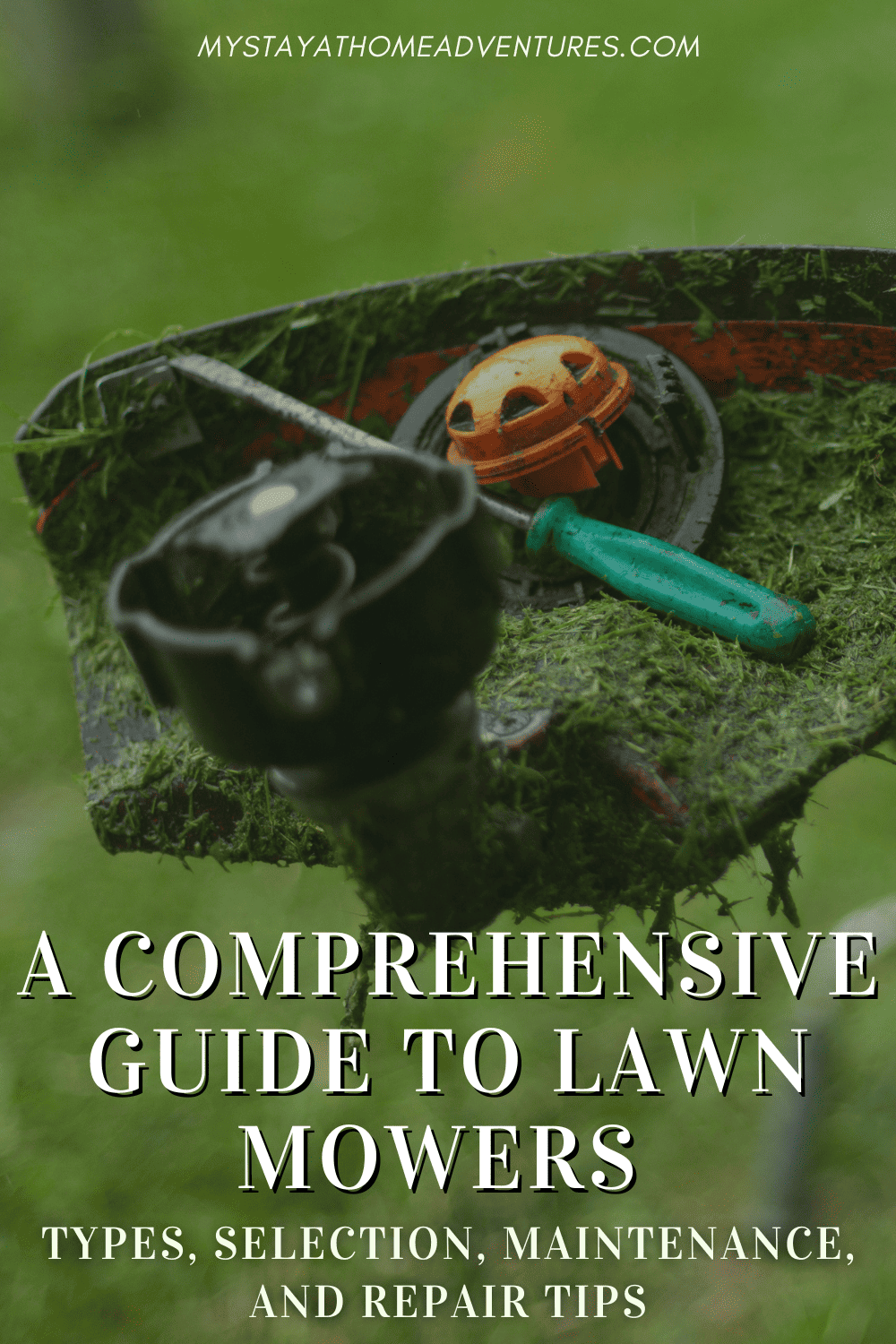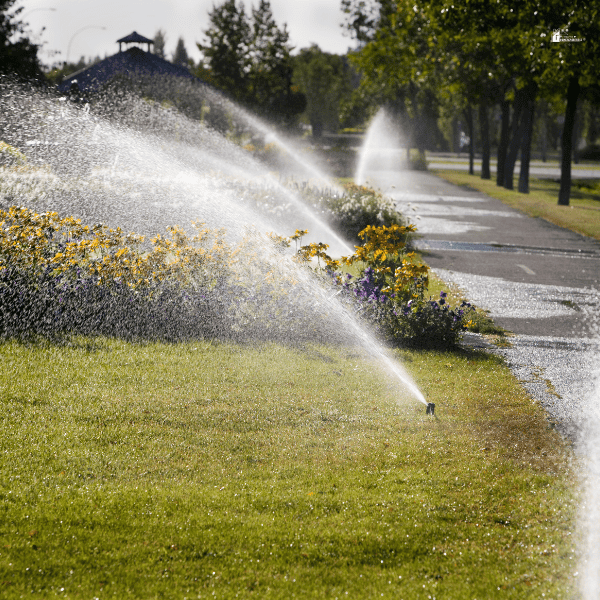A Comprehensive Guide to Lawn Mowers: Types, Selection, Maintenance, and Repair Tips
This post may contain affiliate links which might earn us money. Please read my Disclosure and Privacy policies hereA well-maintained lawn adds aesthetic appeal and serenity to any property. Choosing the right lawn mower is essential to achieve a pristine lawn, but with a wide range of options available in the market, selecting the ideal mower might be a bit challenging.
This guide will delve into the diverse types of lawn mowers, offer insights on how to determine the most suitable one for your needs, provide essential maintenance tips, and emphasize the significance of professional services for major repairs.
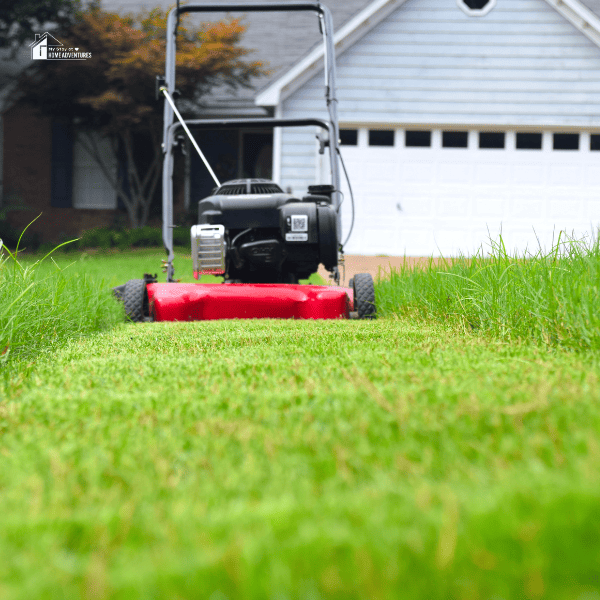
Understanding the Varieties of Lawn Mowers
Push Reel Mowers
Simple, eco-friendly, and manual, these mowers are powered by human force and are perfect for small lawns. They offer a clean cut and are virtually silent in operation.
Gas-Powered Rotary Mowers
Among the most common types, these mowers are versatile and suitable for medium to large lawns. They're powered by gasoline engines, offering a range of cutting widths and adjustable cutting heights.
For those seeking durable and efficient lawn care solutions, Kubota is a well-known brand offering a variety of high-quality equipment. Explore options at Kubota Denver to find the perfect mower for your lawn care needs.
Electric Mowers
Available in corded and cordless variants, these mowers are eco-friendly, relatively quiet, and require minimal maintenance. Corded ones have unlimited runtime but are limited by cord length, while cordless models offer flexibility but require recharging.
Riding Mowers
Ideal for extensive lawns or commercial use, riding mowers come in various types, such as lawn tractors, zero-turn mowers, and garden tractors. They offer comfort, speed, and efficiency in mowing large areas.
However, you’ll need a larger space to store your riding mower during the winter months.
Deciding the Right Lawn Mower for Your Needs
Choosing the suitable lawn mower depends on various factors:
Lawn Size
For small lawns, push reel or electric mowers suffice, while larger areas may require gas-powered or riding mowers for efficiency. Push reel mowers are ideal for compact spaces as they offer precision and are environmentally friendly.
Electric mowers, whether corded or cordless, provide a balance between ease of use and eco-friendliness, making them suitable for moderately sized lawns.
Gas-powered or riding mowers are better suited for expansive areas due to their power and coverage capacity, ensuring efficient mowing in less time.
Terrain
Uneven or hilly terrains might demand self-propelled or riding mowers with enhanced maneuverability.
Self-propelled mowers are advantageous on uneven ground as they offer better traction and control, reducing physical strain while navigating inclines.
Riding mowers, especially zero-turn models, excel on rough terrains due to their superior maneuverability, allowing precise navigation around obstacles and contours.
Budget and Preferences
Consider initial costs, ongoing maintenance, and personal preferences regarding noise levels, environmental impact, and ease of use.
While push reel mowers have lower initial costs and minimal maintenance, they may not suit those seeking a quicker mowing process. Electric mowers offer quieter operation and are environmentally conscious but might involve battery replacement costs in the long run. Gas-powered mowers might have higher maintenance needs but provide robust cutting power.
Riding mowers are more expensive upfront but are time-efficient for larger areas, offering varying features based on preferences, such as bagging capabilities or mulching options.
Understanding these factors helps align your budget and preferences with the mower that best suits your needs.
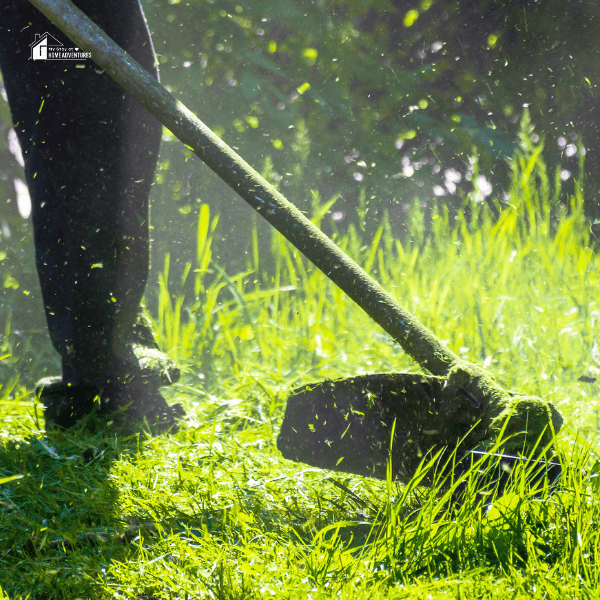
Essential Maintenance Tips for Lawn Mowers
Maintaining your lawn mower is crucial for optimal performance and longevity:
- Regular Cleaning: After each use, remove grass clippings and debris. Clean the cutting deck, blades, and air filter to prevent clogs and ensure proper airflow.
- Blade Maintenance: Sharpen the blades annually, or replace if necessary, to ensure a clean and precise cut. Dull blades can tear grass, leaving it susceptible to diseases.
- Oil and Filter Changes: Gas-powered mowers require periodic oil changes and filter replacements as per the manufacturer's recommendations.
- Check Spark Plugs and Belts: Inspect and replace spark plugs and belts as needed to maintain efficiency and prevent breakdowns.
Importance of Professional Services for Major Repairs
While regular maintenance can prevent many issues, some repairs may require professional intervention:
Expert Diagnosis
Trained technicians can diagnose complex issues accurately, ensuring the correct repair solutions. They possess the expertise to identify underlying problems that might not be immediately apparent, thereby preventing potential complications and ensuring the mower's optimal functionality.
Quality Repairs
Professional services guarantee a quality lawn mower repair process, using genuine parts and adhering to manufacturer specifications.
With access to authentic parts and following prescribed guidelines, these repairs not only restore the mower's efficiency but also extend its longevity, reducing the likelihood of recurrent issues.
Safety and Warranty
Professional repairs ensure safety and often come with warranties, providing peace of mind regarding the mower's performance. Trained professionals prioritize safety protocols during repairs, mitigating risks associated with faulty equipment.
Additionally, warranties accompanying professional repairs offer assurance, covering the serviced components for a specified duration, thus safeguarding against unforeseen issues and offering continued support post-repair.
This reassurance is invaluable, ensuring that the mower functions optimally without compromise.
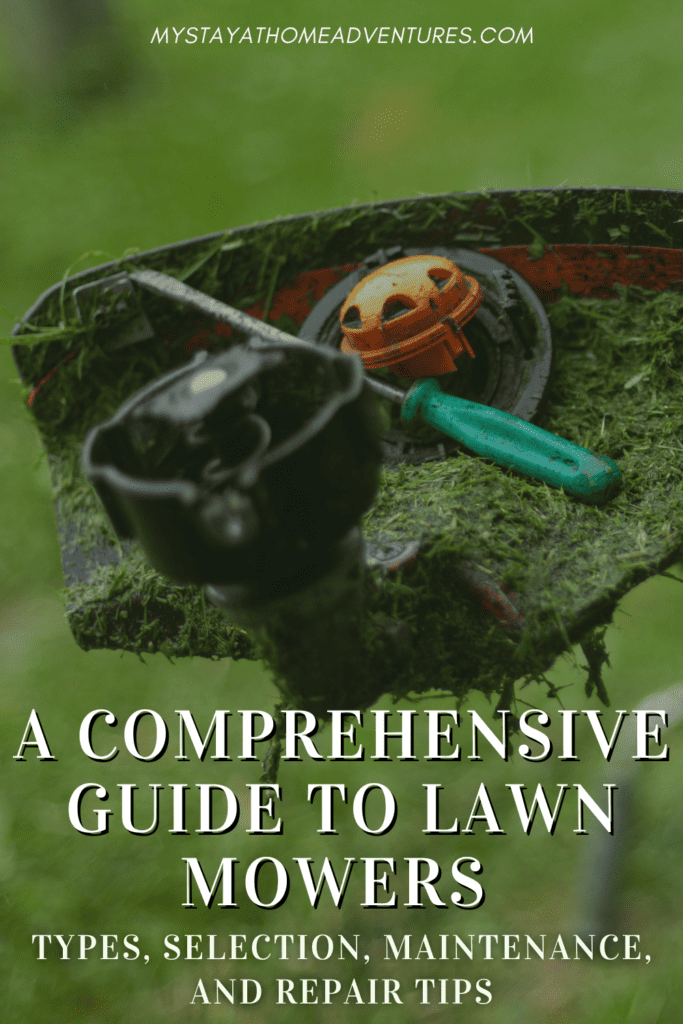
Conclusion
Selecting the right lawn mower involves considering factors like lawn size, terrain, and personal preferences. Regular maintenance, including cleaning, blade care, and oil changes, is vital for optimal performance.
For major repairs, seeking professional services ensures safety, quality repairs, and warranty coverage.
By understanding the diverse types and maintenance needs of lawn mowers, you can achieve a well-groomed lawn while prolonging the life of your mower.
Whether you prefer the simplicity of a push reel mower or the efficiency of a riding mower, choosing and maintaining your lawn mower wisely is the key to a beautiful, healthy lawn.

